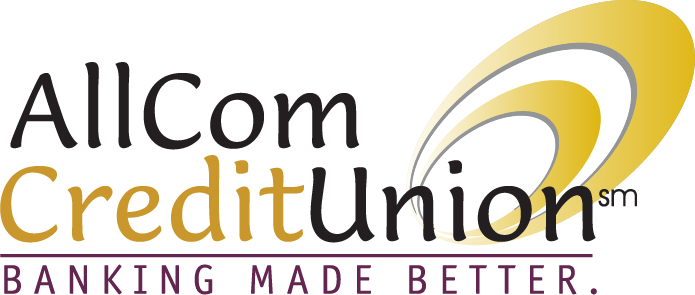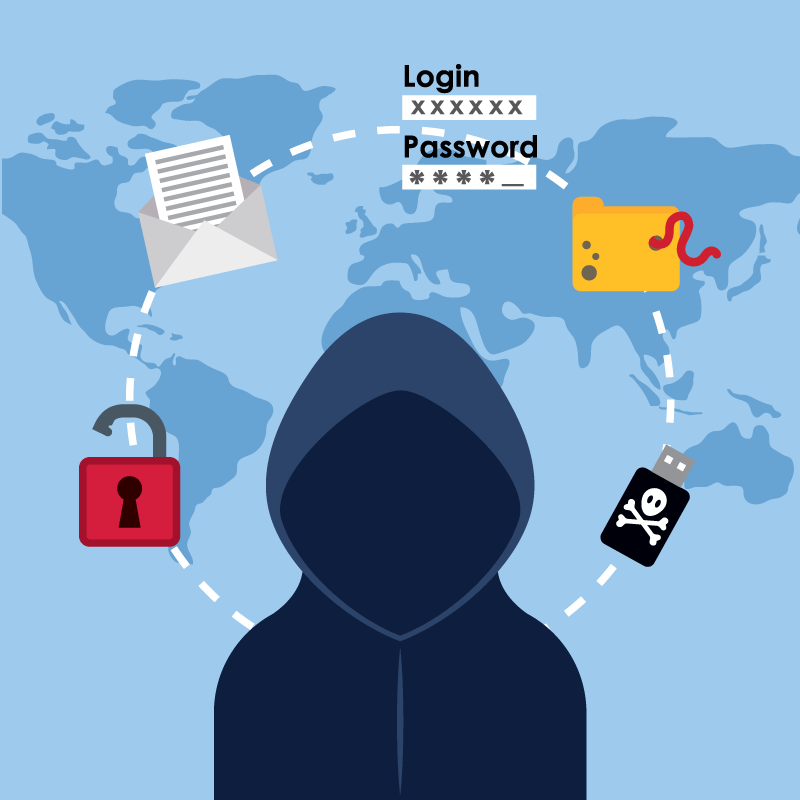
Looking to make some financial New Year’s resolutions for the coming year? Here are a few money resolutions to consider.
Resolve to do better next year.
The new year is a fantastic time to review your financial strengths, pore over your budget and make big plans for next year. Consider taking a moment to meet with your financial advisor or tax professional to review what worked this year and make changes for the year ahead.
Identify financial goals.
Before you can make progress toward any financial goals, identify what they are. Are you hoping to earn a degree? Buy a home? Repay your auto loan? Finally contribute to your employer 401(k)? Take some time to mull over what financial qualities you can improve this year.
Start tracking your budget.
Before you commit to sticking to a budget, commit to track your spending each month. Spend some time identifying budgeting leaks, spending categories on which you tend to sink too much money and decisions about how to improve your spending for next year.
Check your credit report.
If you’ve stopped paying attention to your financial health, request a free credit report on annualcreditreport.com this year. Consumers are entitled to one free credit report each year from each of the three credit bureaus, which are Equifax, Experian and TransUnion. If everything looks correct, this exercise shouldn’t take more than an hour. Take stock of your debts and dispute anything that looks incorrect.
Boost retirement contributions.
If you’re looking to put money away for retirement, commit to boosting your 401(k) contributions. At the least, contribute enough to your workplace plan to secure your employer’s match, which is typically between 3% and 6%, if one is offered. Forgoing an employer match is like leaving free money on the table.
Cut back on bad money habits.
Identify a bad financial habit – eating out too often, paying full price for clothing, splurging on your pets – and promise to eradicate it this year. Identify alternatives or coping mechanisms when you want to indulge in your bad financial habit.
Evaluate last year’s financial mistakes.
Take an honest look at your financial performance last year. Did you overspend? Overborrow? Get passed over for a promotion? Not every financial downfall is avoidable, but some can be dodged or limited going forward. Reconsider your financial mistakes, and strive to perform better this year.






